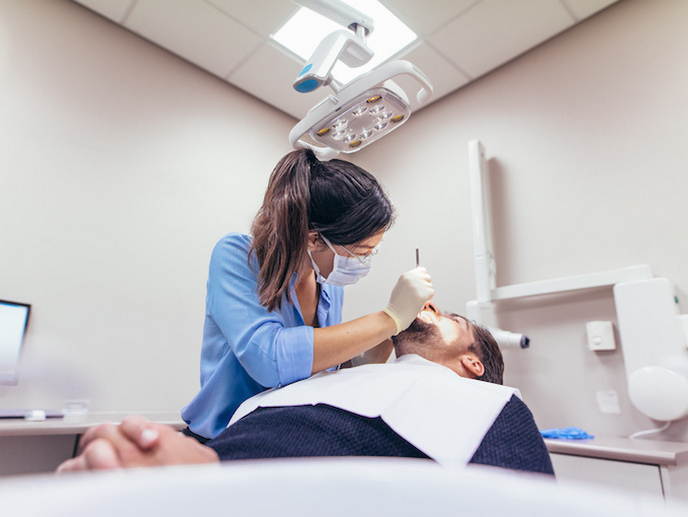A PoC test that predicts treatment response in multiple sclerosis
MS involves a significant socioeconomic burden with healthcare costs exceeding EUR 15 billion in Europe alone. Although disease-modifying therapies seem to improve patients’ quality of life, approximately 20-50 % of patients do not respond adequately to the prescribed treatment.
Changes in microbiota composition in MS patients
To address this issue, the EU-funded ScleroTest(opens in new window) project focused on how the microbiome of MS patients could be exploited as a means of prediction patient response to therapy. Researchers initially performed an ambispective study of MS patients that were monitored over three years. Analysis of the intestinal microbiota showed an important change in the biodiversity and composition of the microorganisms in the faeces of these patients compared to healthy individuals following a similar diet. Intriguingly, following administration of a disease-modifying treatment, the composition of microbiota in responders and non-responders was different. “This finding clearly showed the correlation of gut microbiota with MS treatment efficacy and triggered the development of a diagnostic kit capable of identifying these unique bacterial species,” explains project coordinator Laura Navarro.
A lab-based diagnostic kit for microbiota analysis
The ScleroTest in vitro diagnostic kit has been designed to analyse the DNA of bacterial species unique to MS patients as a means of predicting their response to treatment. It uses real-time polymerase chain reaction ,PCR, to amplify and sequence the hypervariable region V3-V4 of the gene for the ribosomal 16s RNA in patient stool samples. This gene demonstrates considerable sequence diversity among different bacteria and enables identification of the gut microbial community. ScleroTest provides results within approximately 2 hours, offering health professionals an accurate estimate on how the patient will respond to therapy. “Therefore, in less than 24 hours neurologists can decide on the best treatment for each of their patients,” emphasises Navarro. Importantly, the ScleroTest is a non-invasive and easy-to-use tool offered at an affordable price facilitating evidence-based treatment decisions. Currently, it is the most rapid procedure in the market to detect treatment failure, allowing for a prompt change in treatment.
ScleroTest significance and future directions
Using ScleroTest in routine clinical practice for MS patients will benefit healthcare systems by avoiding expensive and ineffective treatments. At the same time, it will improve the quality of life of MS patients and contribute towards better management of their condition through a precision medicine approach. Ongoing efforts focus on the clinical optimisation of software algorithms used to detect bacterial species and relate them with disease progression and therapy response. This is expected to improve the sensitivity and specificity of the kit and provide a more accurate and robust estimate of treatment failure risk. Future plans include improvement of the technical parameters of the ScleroTest kit and further software development. Prior to commercialisation of the kit, it will be necessary for partners to clinically validate ScleroTest and obtain the required CE mark for an in vitro diagnostic medical device. Navarro predicts that, “the core of our technology which is centred on the role of the human microbiome in health and disease, can find applications for the management of other diseases.”







